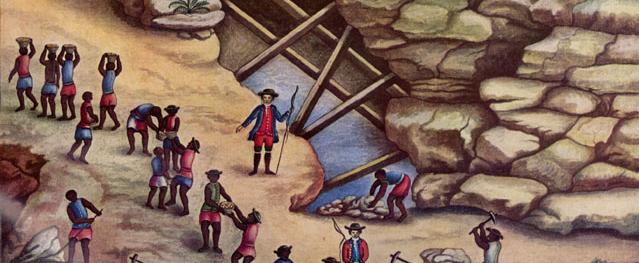Empires and World History from the Fifteenth Century to the First World War

This course addresses one of the most important issues in history: when, why and how did the European colonial powers become dominant in the world economy and world politics and what did that dominance mean for the rest of the world?
The course examines the early modern expansion of Spain and Portugal into the Caribbean, central and South America and the history of Atlantic slavery. It analyses the 'first age of global imperialism' between 1760 and 1830, when the European powers, and especially the British, began to establish territorial empires in Asia and Africa. It considers the economic, political and strategic reasons behind the Partition of Africa and the battle for concessions in the Far East in the late nineteenth century.
But this is not simply a European-centred course. It also examines the civilisations, economies and states of the Americas, Africa and Asia in their own terms. The resistance and adaptation of non-European peoples to western economic penetration, political dominance and evangelisation occupies centre stage in lectures and supervisions. The course ends with a consideration of Asian and African nationalisms in their early stages.
For further information please follow the link below.
This material is intended for current students but will be interesting to prospective students. It is indicative only.
